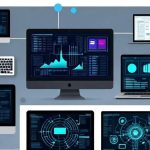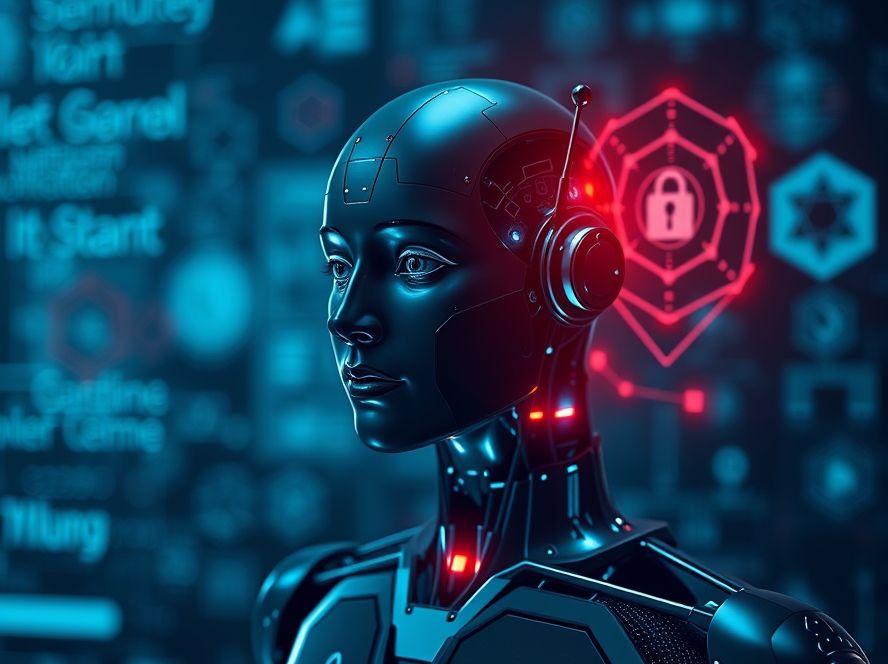Understanding AI for HR
AI for HR refers to the integration of artificial intelligence technologies into human resources processes to enhance efficiency, improve decision-making, and deliver better employee experiences. This technology employs algorithms and data analytics to streamline various HR functions such as recruitment, employee engagement, performance management, and training.
As organizations increasingly recognize the value of data-driven insights, the role of AI in HR has grown significantly. AI tools can automate repetitive tasks, analyze vast amounts of data to identify trends, and provide personalized experiences for employees. By leveraging AI, HR professionals can focus on strategic initiatives rather than administrative burdens.
The Importance of AI in Human Resources
The adoption of AI in HR is critical as it addresses several challenges faced by organizations today:
- Efficiency: Automating routine tasks such as resume screening and scheduling interviews frees up valuable time for HR teams.
- Data-Driven Decisions: AI can analyze employee data to uncover insights on turnover rates, employee satisfaction, and performance trends.
- Enhanced Candidate Experience: AI-powered chatbots can provide immediate responses to candidate inquiries, improving the overall application experience.
In a world where talent is a key differentiator, leveraging AI for HR processes is not just advantageous; it’s essential for staying competitive.
Key Applications of AI for HR
There are several ways organizations can implement AI in their human resources practices. Here are some prominent applications:
1. Recruitment and Talent Acquisition
AI for HR revolutionizes the recruitment process by:
- Resume Screening: AI algorithms can quickly sift through hundreds of resumes, identifying the best candidates based on predefined criteria.
- Predictive Analytics: AI can analyze historical hiring data to predict which candidates are likely to succeed in specific roles.
- Bias Reduction: With AI, organizations can mitigate unconscious bias in the hiring process by focusing solely on data-driven assessments.
For example, companies like Unilever have successfully implemented AI-driven tools that assess potential candidates through gamified assessments, resulting in a more diverse talent pool.
2. Employee Engagement and Retention
AI plays a significant role in enhancing employee engagement by:
- Sentiment Analysis: By analyzing employee feedback from surveys and social media, AI can provide insights into employee morale and satisfaction.
- Personalized Learning: AI can tailor training programs to individual employees based on their learning styles and career aspirations.
- Predictive Retention Models: AI tools can identify employees at risk of leaving and suggest interventions to improve retention.
A practical example is how IBM uses AI-driven tools to enhance employee feedback systems, leading to increased engagement and higher retention rates.
3. Performance Management
AI for HR also transforms how organizations manage employee performance by:
- Continuous Feedback: AI systems can facilitate ongoing feedback conversations between managers and employees, promoting a culture of transparency.
- Objective Evaluations: Utilizing data analytics, AI can provide objective metrics to evaluate employee performance, reducing personal biases.
- Goal Setting: AI tools can help align employee goals with organizational objectives, ensuring everyone is working towards common targets.
For instance, companies like Workday leverage AI to provide real-time performance insights, empowering managers to make informed decisions about employee development.
4. Administrative Efficiency
AI for HR significantly enhances administrative functions by:
- Automating Routine Tasks: Tasks such as payroll processing, benefits administration, and compliance reporting can be automated using AI.
- Data Management: AI systems can manage and analyze employee data, ensuring compliance and reducing manual errors.
- Chatbots for HR Support: AI chatbots can handle common HR inquiries, allowing HR professionals to focus on more complex issues.
Organizations like ADP have implemented AI solutions that streamline payroll processing, significantly reducing errors and processing time.
How to Implement AI for HR in Your Organization
Implementing AI for HR can seem daunting, but with a structured approach, it can be done effectively. Here are steps to consider:
- Identify Needs: Assess the specific HR challenges your organization faces that AI can address.
- Research Solutions: Explore various AI tools available in the market that align with your identified needs.
- Start Small: Implement AI solutions in one area of HR, such as recruitment, before expanding to other functions.
- Train Your Team: Ensure your HR team is equipped with the necessary skills to use AI tools effectively.
- Measure Impact: Continuously monitor and evaluate the effectiveness of AI solutions to ensure they meet your goals.
By following these steps, organizations can harness the power of AI to transform their HR practices.
Related Concepts in AI for HR
Understanding AI for HR also involves familiarizing oneself with related concepts:
- Machine Learning: A subset of AI that enables systems to learn and improve from experience without being explicitly programmed.
- Natural Language Processing (NLP): A branch of AI that helps machines understand and interpret human language, useful in chatbots and sentiment analysis.
- Big Data: Refers to the large volumes of data that AI systems analyze to provide insights and drive decision-making.
These concepts play a crucial role in the effective implementation of AI for HR and can enhance the overall functionality of HR systems.
Conclusion: The Future of AI for HR
As technology continues to evolve, the integration of AI for HR will become increasingly vital. By automating processes, enhancing decision-making, and improving employee experiences, AI presents a transformative opportunity for organizations. Embracing AI for HR not only streamlines operations but also positions companies to attract and retain top talent in a competitive market.
As you reflect on the potential of AI in HR, consider how you can implement these technologies in your own workplace. Whether it’s through recruiting tools, engagement platforms, or performance management systems, the possibilities are vast. The journey towards a more efficient and effective HR landscape begins with understanding and applying AI technologies today.









